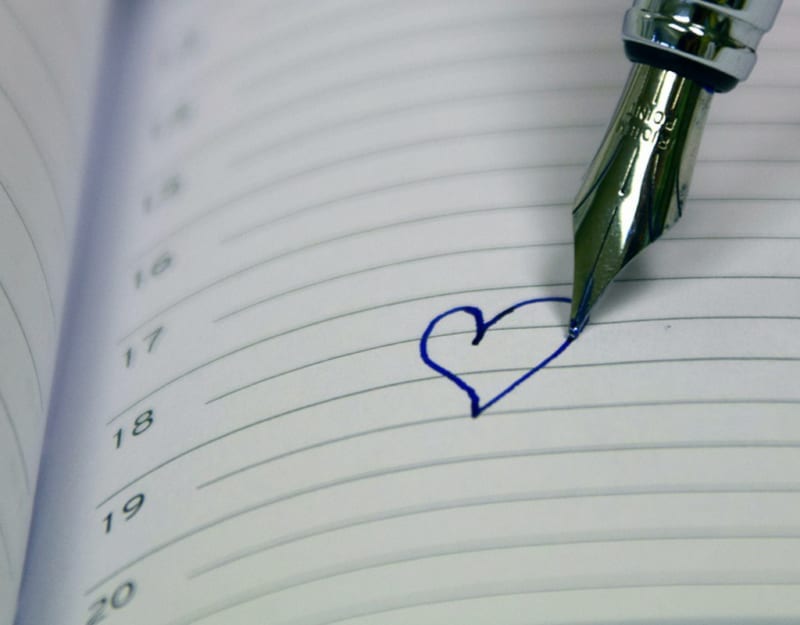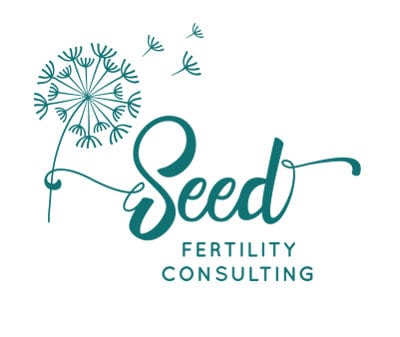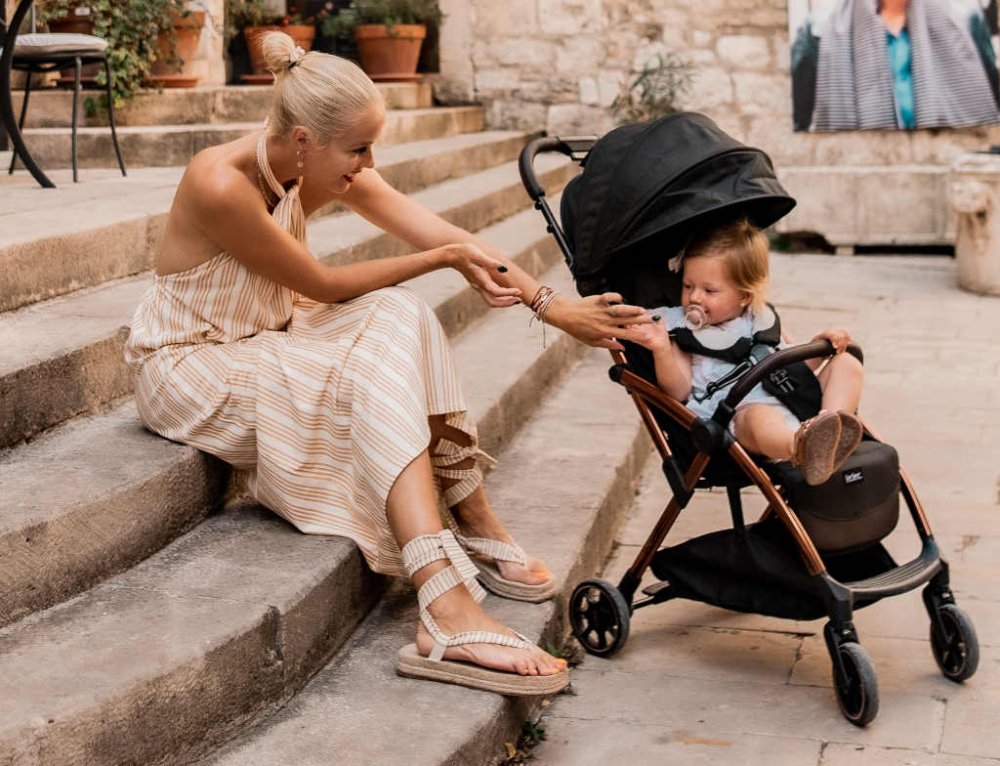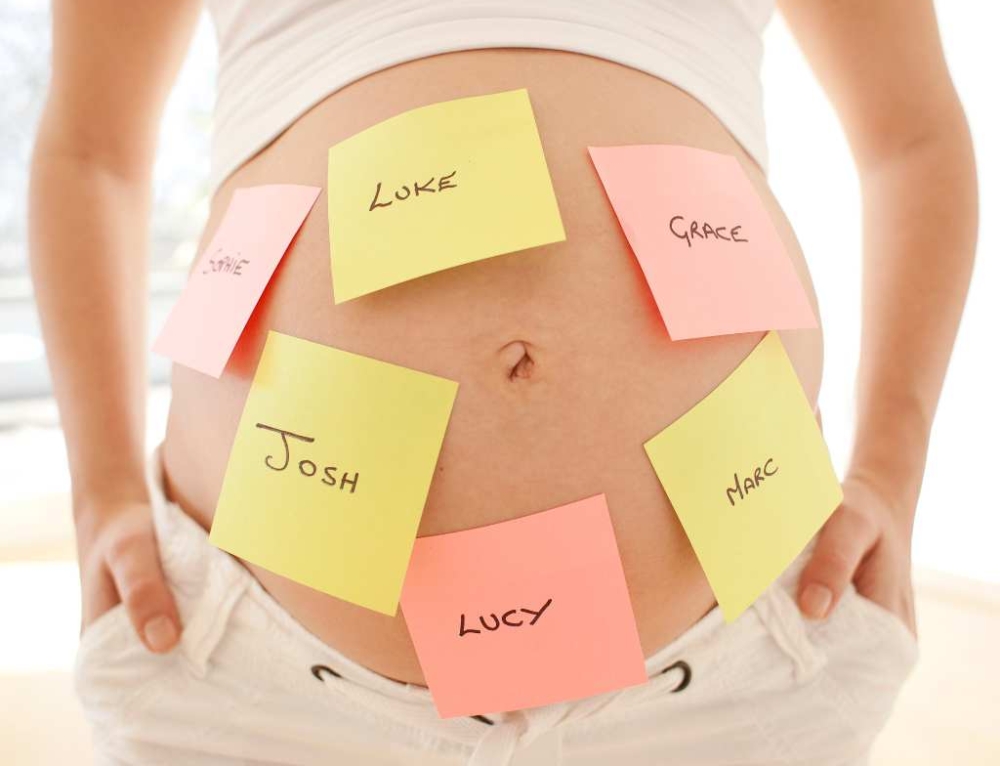A lot of women who are serious about getting pregnant turn to online searches and fertility apps. But really, are these going to help you conceive? Can the information provided by apps make all the difference? What do you really need to know? There are more than a hundred fertility apps available, so it is important to understand if using an app is actually going to help you conceive, or whether it will just add to the stress of it all.
Getting the timing right
The most common question when trying to conceive is around the timing of ovulation. After all, you need to ovulate (release an egg) and time sex with ovulation if there is ever going to be a chance of pregnancy. Ovulation calculators and fertility apps are suggested to help you get the timing right, to increase your chances. In theory this should be helpful but, in reality, there is a lot of mis-information which can actually decrease your chances of pregnancy. If you are given the wrong information, you can end up having sex too early or too late in your cycle to conceive.
Ovulation calculators
Ovulation calculators are actually just predicting when you ovulate, based on the information you plug in, such as when your period started and how long your cycles are. They are generally calculating ovulation to be in the middle of your cycle, or 14 days before your period is due to start if you have longer cycles. They are predicting the day you ovulate, and not correctly factoring in the days that you are fertile before you ovulate. Ovulation calculators predict based on what happened last cycle, not what might happen this cycle or in future cycles.
In reality, menstrual cycles vary greatly from woman to woman, and even month to month for a lot of people. Cycles can vary from 21 to 35 days, with ovulation happening anywhere from day 8 to 25. We can be fertile 2 to 5 days before ovulation, so it is helpful to factor this in to give yourself the best chance of conceiving.
Fertility apps
Fertility apps generally require more information from the user, depending on the app you choose to use. Details such as period dates, mood, sexual activity, basal body temperature, and description of mucous are entered by the user every day, and in theory you are told when you are most fertile, or ovulating. The idea is right, but there is a lot of detail that is open to interpretation. With mucous for example, some descriptions won’t fit with what the app requires to give you accurate information. Details and variations can’t be factored into an app which all affects the likelihood of its success.
Knowing the basics of the body and your menstrual cycle is important in understanding the science in your fertile symptoms. Fertility apps are great tools when used as a period tracker, but not a fertility tracker.
Fertility education
Here are some important factors to remember:
- Fertility apps and ovulation calculators are less likely to work if you have irregular cycles
- You need to be having sex in the days before you ovulate as well as when you ovulate.
There is no real evidence that apps are more helpful than other methods of fertility tracking.
Fertility apps don’t acknowledge the male’s role in baby making – male factors account for half of the causes of infertility, so they shouldn’t be discounted in the process.
So how are women meant to acquire all of this fertility knowledge? We definitely aren’t taught it in high school, meaning there is a huge gap in knowledge that affects every woman – whether you are wanting to have a baby or not. Most women won’t realise that there are trained health professionals that specialise in fertility education, so they take control of the situation and use an app to fill in the gaps. Unfortunately, an app can’t replace real advice from a medical professional and give you the information you really need to know.
Seed Fertility can get you up to speed with insightful fertility knowledge and set you on your path to pregnancy.
This article was written by Bex Henderson from Seed Fertility Consulting. Bex is a Registered Nurse, Fertility Consultant and Trained Teacher in Natural Fertility. She has worked for many years as a Fertility Nurse in Fertility/IVF clinics in Australia and NZ and has recently launched Seed Fertility Consulting to assist women and couples who want to try to have a baby or are struggling to become pregnant. Bex consults nationwide and lives in the Wairarapa with her husband and two little boys, aged 5 and 2.
Read more on Kidspot:








The problem is these apps and calculators are not giving helpful information and are not accurate, you are right. Many people rely on them which is a shame. Not all advice costs a lot – I’d be happy to have a chat with you via my website above
I’ve tried these calculators too, the ovulation, the implantation…and there’s even a when to have sex calculator….but it’s never accurate. And like one of the commenters here, it just gets a little stressful with such when every woman is indeed different and so many factors to consider. But I guess it helps by a little when you’re trying at first, but when it doesn’t produce results. It’s time to ask for expert advice. The problem is…professional advice cost money.
The problem is these apps and calculators are not giving helpful information and are not accurate, you are right. Many people rely on them which is a shame. Not all advice costs a lot – I’d be happy to have a chat with you via my website above
We personally never used any apps for calculating ovulation as the article suggests they are not 100% correct and each person is different about when they ovulate. Some people naturally find it more difficult to become pregnant. So for some people these apps may work but others it’s just not accurate enough to help.
Due to my cycle issues I have not had any luck with ovulation calculators. My cycle varies so much that the dates that I put in still don’t coincide with ovulation. These apps can be great for those that have regular cycles and their dates don’t change, however I would suggest getting fertility tests done through your doctor if you want accurate dates rather than relying on an app if you have fertility issues.
They didn’t have apps when I was looking at conceiving but I did read up about it and I found it very useful, I mainly used it to not get pregnancy and I did find that there were some obvious signs in my body when I was ovulating and I also notice a defiantly interest in my partner when I was too.
I have used a fertility app each time I conceived and while avoiding pregnancy too. I read a great book that outlined what to look for, and through that and charting my temperature shifts and TMI discharge, I was able to work out that my cycle is long, that I ovulate quite a bit later than 14 days and that my luteal phase (when the egg would implant) was a bit too short. I needed a little chemical help to even out my cycle. But I wouldn’t have known that without entering months of data into an app first. I agree an app can’t help if it doesn’t have a lot to go on and it can mainly tell you when you ovulate not when you might. But if there is months of data in there it gets better at predictions.
We were both 41 when we conceived our 5 year old – I started out using the ovulation calculators etc for timing for about 2 years. It ended up becoming a real stressful thing for both of us so we just gave up using all that stuff and tried to relax a bit (diet change made a big difference I might add). Around 6 months later I fell pregnant! I think that these things can help some people, I also think that if it’s meant to be it will be